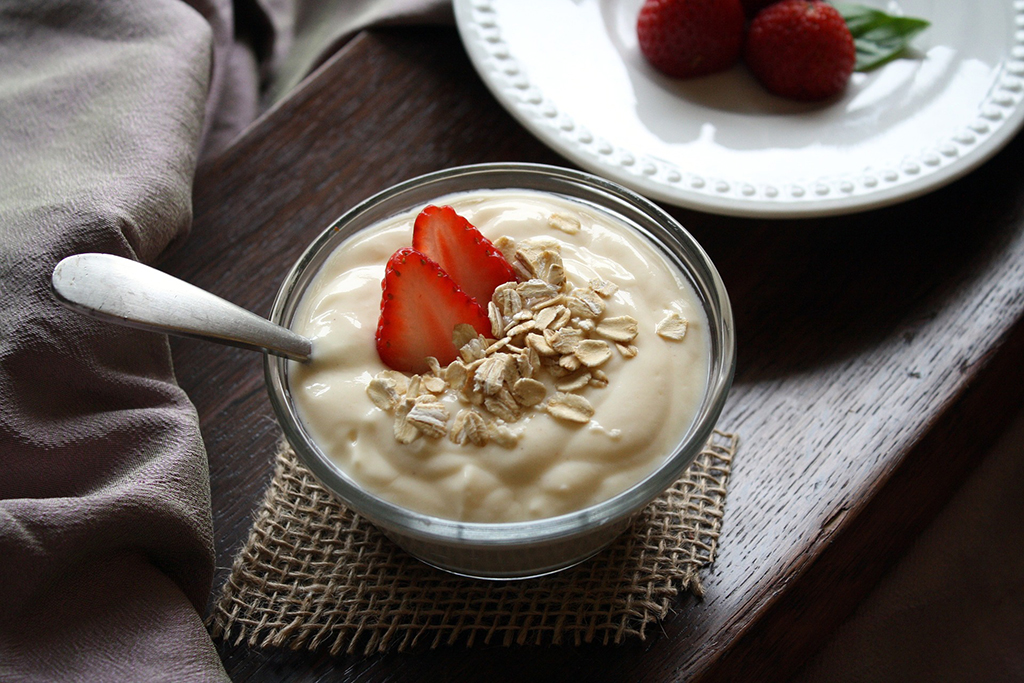
When we hear the word bacteria, we normally think of germs or getting sick, but did you know that everyone actually has “good” and “bad” bacteria in their body at all times? These bacteria live in our digestive tract, with the majority living in our intestines and colon. They help digest food and can be positively or negatively affected by our diet, how much we exercise, and other lifestyle factors. This topic has been discussed in the news in recent years using the term “gut health”.
Sometimes we have more “bad” bacteria than “good” bacteria in our gut, which causes an imbalance. A lack of “good” bacteria can lead to weight gain, constipation, and even certain skin conditions. Fortunately, there are steps we can take to maintain a good balance between good and bad bacteria in our gut!
Foods like yogurt and sauerkraut are filled with millions of live microorganisms called probiotics, or good bacteria that is similar to the bacteria in our bodies. Consuming these foods on a regular basis can improve your digestion and gut health by increasing the amount of good bacteria in your body. Look for the words “Live and Active Cultures” on the packaging when purchasing these foods; in the list of ingredients, you may see individual bacteria names such as “Lactobacillus bulgaricus” or “Streptococcus thermophilus”.
There are also probiotic supplements available in capsule form, but many dietary supplements do not require approval from the Food and Drug Administration. That means they are not carefully regulated for quality, safety, or effectiveness. If you want to start incorporating probiotics into your diet, it’s best to ask your doctor which food sources to try and how often you should eat foods with probiotics. If you are considering probiotics to help with digestive issues or problems with bowel movements, it’s very important to see your doctor so they can determine what is causing your symptoms and help you get back on track.
To find a provider near you, visit our Locations page.
